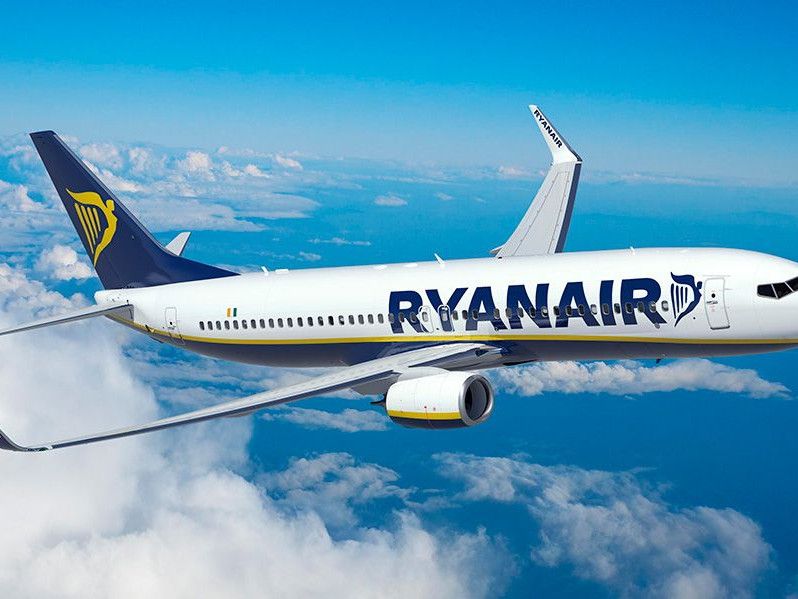Ryanair recently announced that it will reduce its traffic in Spain for the summer of 2025 by 18%, causing the country to lose 800,000 seats and 12 routes due to high fees and the ineffectiveness of the “incentive plans” of the “monopolistic” airport operator AENA. , which, in the opinion of the Irish low-cost airline, are “completely insufficient to support the Government’s policy of growth of regional airports”.
Despite the Spanish government's decision in 2021 to freeze airport charges until 2026, AENA has tried to increase them every year, especially at Spanish regional airports, where traffic has not yet recovered to pre-Covid levels.
As a result, Ryanair will cease operations in Jerez and Valladolid, withdraw one aircraft based in Santiago (investment of US$ 100 million) and reduce traffic for summer 2025 at five other regional airports: Vigo (-61%), Santiago (-28%), Zaragoza (-20%), Asturias (-11%) and Santander (-5%).
This loss, considered avoidable by Ryanair, of more than 800,000 seats and 12 routes will be “devastating for regional connectivity, employment and tourism in Spain”, says Ryanair, admitting that, “if AENA’s regional airports are not competitive in relation to its European peers, air traffic will migrate away from the Spanish regions”.
Eddie Wilson, CEO of Ryanair, said at a press conference that “AENA’s exorbitant airport charges and the absence of viable incentives for growth continue to harm Spain’s regional airports, limiting their growth and leaving large areas of underutilized airport capacity. Following the Spanish Government’s commitment to boosting post-Covid recovery, Ryanair has increased its capacity to foster connectivity, tourism and employment.”
However, says Wilson, “AENA insists on unjustified fee increases and refuses to implement effective systems to encourage regional growth, prioritizing foreign investment in airports in the Caribbean, the United Kingdom and America.”
As a result, Ryanair's CEO says that "AENA's decision not to encourage airlines to use unused capacity at its regional airports has forced Ryanair to redirect aircraft and capacity to more competitive European markets such as Italy, Sweden, Croatia , Hungary and Morocco, where governments are actively encouraging growth.”
While Ryanair welcomed the CNMC’s recent decision to suspend AENA’s fee hikes for 2025, “this does not offset the negative impact of the 2024 increases and the lack of incentives at regional airports,” the airline says.
Ryanair is now calling on the CNMC to “repeal” the 2024 increases, “aligning them with the five-year freeze decreed by the Government”, and to introduce “incentive packages” that attract airlines, promoting connectivity, tourism and employment at regional airports.
“Without urgent action, Spain risks losing even more capacity and investment to more competitive markets, leaving regional airports half-empty while other countries prosper,” Wilson concludes.
















